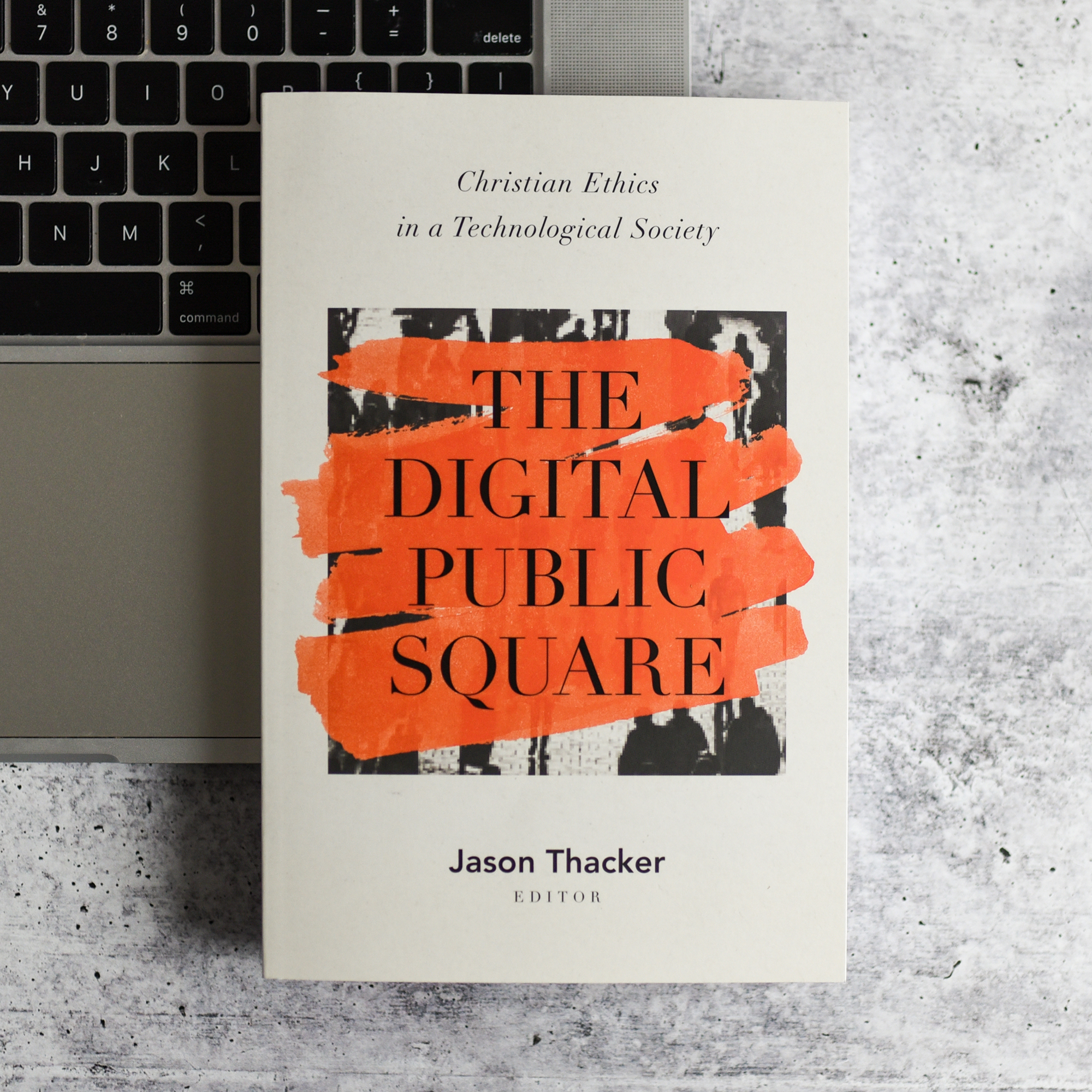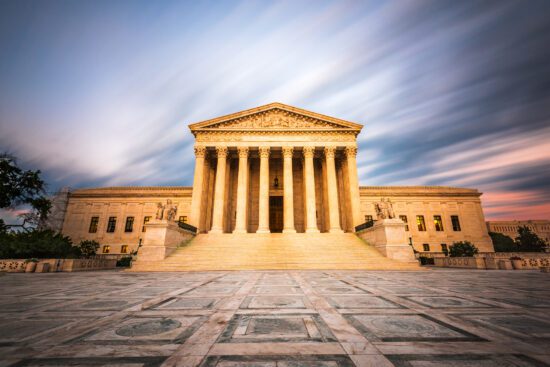A few years ago, I read an insightful article by Shira Ovide of the New York Times on the splintering of the internet and the complexities surrounding digital governance around the world. 1Shira Ovide, “The Internet Is Splintering,” New York Times, February 17, 2021, https://www.nytimes.com/2021/02/17/technology/the-internet-is -splintering .html. She writes about how most countries around the world have their own car safety regulations and tax codes, but currently there is widespread debate over how online expression should be governed. She highlights how technology companies—many based in the Western world—are essentially governing speech and free expression online, which leads to major controversies and dissension as many countries want to retain that power for themselves.
One of the most salient points she makes in the piece concerns the promises of how technology was going to usher in a new world order. She writes, “The utopian idea of the internet was that it would help tear down national boundaries, but technology watchers have been warning for decades that it could instead build those barriers even higher.” Not only are those barriers being built higher around the world, but technological power is also being exerted by powerful governments and leaders to control and manipulate people created in God’s very image. 2For more on the widespread use of technology to suppress human rights and free expression around the world, see chapter 11 by Olivia Enos in this work.
Over the last few years, we have even seen numerous companies shut down the internet to quell protests and dissension among their own people, like that in Iran, Belarus, China, and Cuba. These stories represent a much larger question that is being debated about how technology companies like Meta, Twitter, and many others should do business around the world, especially in areas where there is significant disagreement over the basic freedoms we enjoy in America.
But even in the United States, we have significant differences and major disagreements on the role of the government and third-party technology companies concerning issues like content moderation, free expression, and online governance. These complexities and differences are present even though we have some level of a shared culture and agreement on many basic human freedoms—even though that agreement seems to be fraying with each passing day.
An opportunity for Christian engagement
Technology policy expert Klon Kitchen, who serves at the American Enterprise Institute as a Resident Fellow, wrote a brilliant essay at National Affairs about the realities we face in this technological age. He states that “all governments must [now] acknowledge and adapt to the fact that they no longer wield exclusive power and influence on the global stage.” 3Klon Kitchen, “The New Superpowers: How and Why the Tech Industry Is Shaping the International System,” National Affairs, no. 49 (Fall 2021), https://nationalaffairs .com/the-new-superpowers-how-and-why-the-tech-industry-is-shaping-the-international-system. The rise of a technology industry operating transnationally with enormous power over public discourse presents a unique challenge to our society but also an opportunity for Christians to engage with these companies as we have historically done with governments, standing for human dignity and religious freedom around the world. The Christian church has a rich heritage of public theology and navigating church/state relations, drawn in large part directly from the scriptural calling to honor the leaders God has placed in charge, hold the government accountable to their calling to stand for justice, and honor the God-given freedoms of all as created in God’s image (Rom 13:1–6).
While the rise of these transnational entities in the digital age may present unique challenges on issues like online governance, it also presents a unique opportunity for Christians to engage the technology industry with a robust public theology built upon an unchanging understanding of human dignity and freedom derived from Scripture. It is far too easy in our technological society to see other human beings as simply problems to be solved or as pawns in the pursuit of power. But a Christian understanding of humanity and the nature of society is rooted in the dignity of all people that transcends our national allegiances and even the technological order itself we spoke of earlier.
As Christians engage on these important ethical issues, we must do so from a position of principled pluralism—recognizing the inherent dignity of all people and with a clear moral vision of a common good grounded in God’s Word.
Grounded in these two truths, we can model for our society how to have these debates from a convictional, yet grace-filled perspective. In a society that prizes efficiency, speed, and at times public contempt for our political and social “enemies,” we should seek to prioritize the dignity of all, including those who disagree with us on these important issues. We can do so by recognizing that our battle is not against flesh and blood but against the cosmic powers of darkness (Eph 6:12). That means that we engage from a position of hope and grace, knowing that we are to seek the right changes in the right way (Rom 3:8).
A second and vital requirement is understanding the basic tenets of the debates at hand, rather than simply dropping into these complex debates or speaking to issues without a full understanding of the gravity of the situation. Just as we seek to gain insight and expertise in other areas of life—especially engagement with government—to honestly engage, we must do the same with the technology industry and the complex issues they face doing business around the world. This is one of the many reasons this volume consists of two corresponding chapters speaking to the domestic and international issues of technology policy as well as a host of important issues in the digital public square.
It does not serve well the message of the gospel, much less our society, to engage on issues without knowledge or awareness of the issues at stake, even if our society seems to reward hot-takes on social media over true action oriented toward lasting change. Even with the immense complexity of these debates, one thing is clear: the dignity of our neighbor is at stake around the world, especially under repressive authoritarian regimes. We must keep that truth central in this debate over digital governance. Even though these issues may at times seem to be simply about tweets, posts, and even the contours of content moderation, these are simply expressions of how human beings, created in God’s image, are able to communicate, express themselves, and do life in an ever-increasing digital society.
Adapted from The Digital Public Square: Christian Ethics in a Technological Society, edited by Jason Thacker, and published by B&H Academic.










